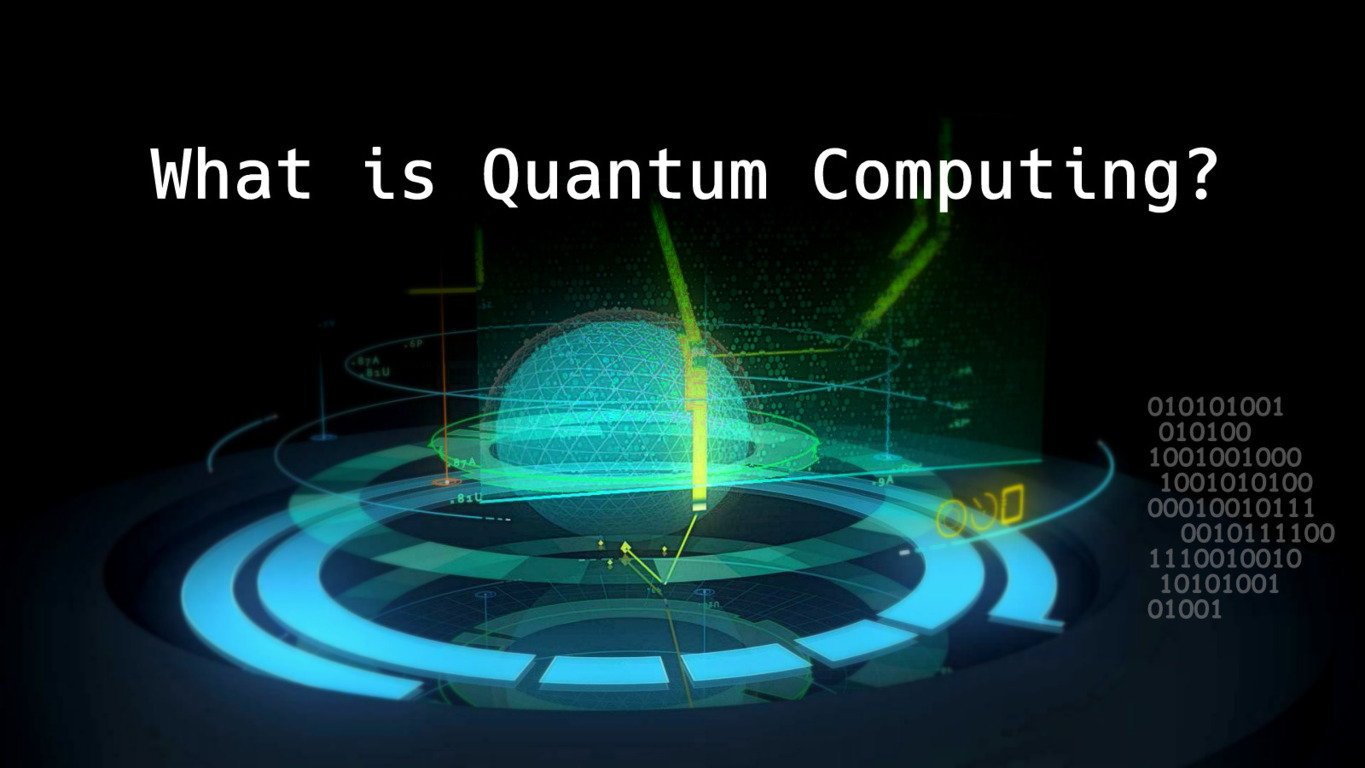 They picked a knotty problem – understanding how the enzyme nitrogenase allows plants to use nitrogen from the atmosphere to make their own fertilizer – something that is unknown.
They picked a knotty problem – understanding how the enzyme nitrogenase allows plants to use nitrogen from the atmosphere to make their own fertilizer – something that is unknown.
Computers available today, said EHT chemistry professor Markus Reiher can calculate the behaviour of simple molecules quite precisely, but not nitrogenase , which is too complex.
“Existing methods and classical supercomputers can be used to assess molecules with about 50 strongly interacting electrons at most,” he said, but there are significantly more at the active centre of nitrogenase enzyme, and classical computing effort doubles with each additional electron.
A hypothetical quantum computer with 100 to 200qubits was imagined, that could compute electron positions for a particular arrangement of atoms in a few days, and the results of many of these calculations could be combined to determine the nitrogenase reaction step by step.
That quantum computers are capable of solving such challenges is partially their different structure compared to classical computers. According to ETH, a quantum computers needs only one extra qubit per added electron, rather than a doubling if bits.
“Our resource estimates show that, even when taking into account the substantial overhead of quantum error correction, and the need to compile into discrete gate sets, the necessary computations can be performed in reasonable time on small quantum computers,” said the research team in Elucidating reaction mechanisms on quantum computers, published in the proceedings of the US National Academy of Sciences.
When will such ‘moderately large’ quantum computers will be available?
Current experimental quantum computers use ~20 rudimentary qubits, said Reiher, estimating that it will take at least another five years, or more likely ten, before quantum computers more than 100 high quality qubits exist.
The researchers emphasise that quantum computers cannot handle all tasks: they will supplement classical computers. “The future will be shaped by the interplay between classical computers and quantum computers,” said ETH computatonal physicist Professor Matthias Troyer
For nitrogenase, according to ETH, such computers will be able to calculate how the electrons are distributed within a specific molecular structure. But classical computers will be required to tell the quantum computer which potential structures are of particular interest and should be calculated.
“Quantum computers need to be thought of more like a co-processor capable of taking over particular tasks from classical computers, thus allowing them to become more efficient,” said Reiher.
“In order for quantum computers to be of use in solving these kinds of problems, they will first need to be mass produced, thereby allowing computations to take place on multiple computers at the same time,” said Troyer.
[“Source-electronicsweekly”]
| M | T | W | T | F | S | S |
|---|---|---|---|---|---|---|
| 1 | 2 | 3 | 4 | 5 | 6 | |
| 7 | 8 | 9 | 10 | 11 | 12 | 13 |
| 14 | 15 | 16 | 17 | 18 | 19 | 20 |
| 21 | 22 | 23 | 24 | 25 | 26 | 27 |
| 28 | 29 | 30 | 31 | |||



























